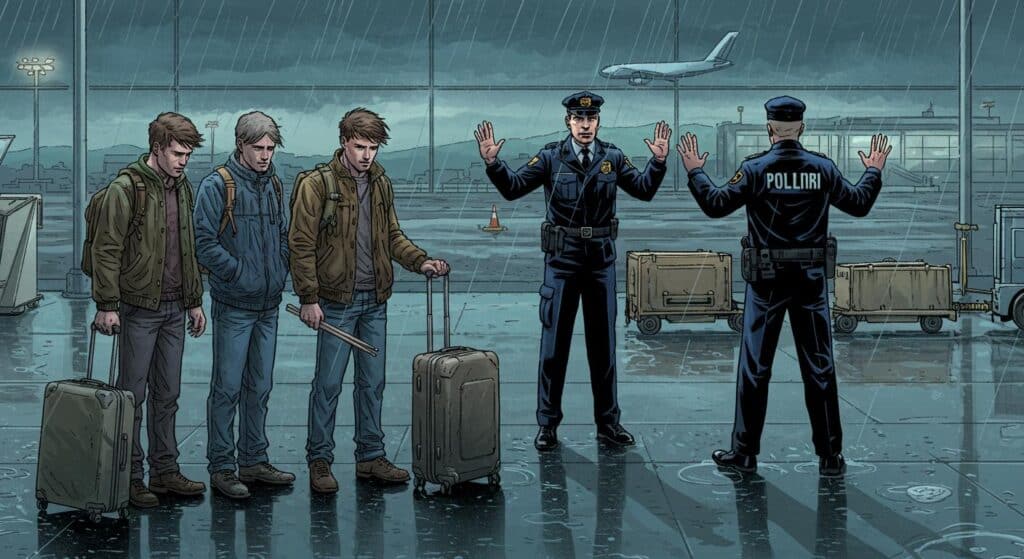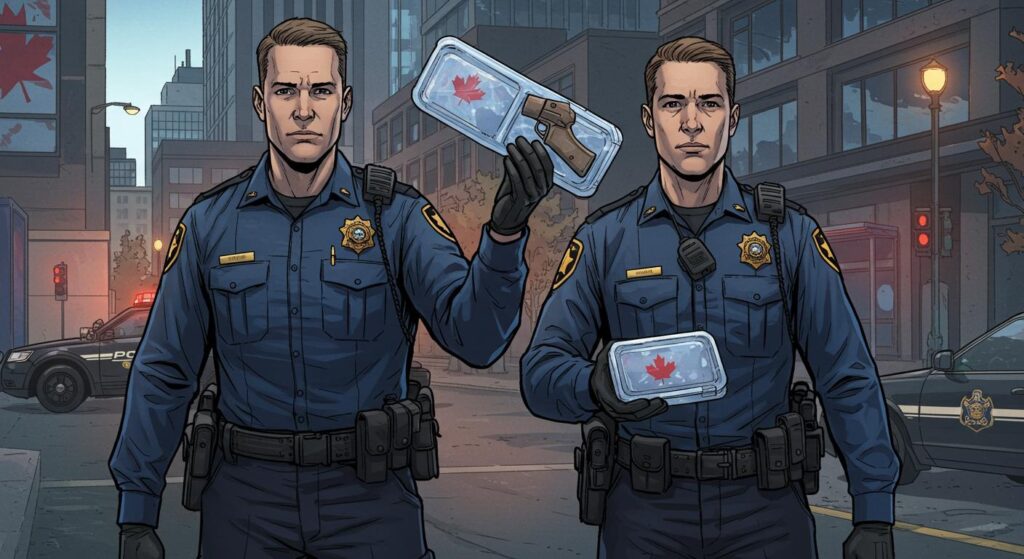There are certain phrases in the English language that simply don’t land with much frequency—“Australian in wheelchair robbed by his crush in Pattaya” had to be one of them. Yet, thanks to the Bangkok Post, it now exists in both headline and lived experience.
Romance, Beachfronts, and a Dash of Larceny
According to details reported by the Bangkok Post, a 65-year-old Australian man using a wheelchair had what seemed to be a promising late-night encounter along a Pattaya beach. The article recounts that he met a Thai woman while out near the waves and felt enough rapport to invite her back to his hotel room. The development takes a less-than-romantic turn: while he took a bath, the woman abruptly left, and upon checking his belongings, he discovered that his cash—amounting to over 11,000 baht (about $350)—was gone.
In a detail highlighted in the Bangkok Post, the Pattaya Civil Defence Volunteers found the man back on the beach at about 1 a.m., audibly calling for help. Volunteers assisted him to the Muang Pattaya police station, where he relayed his account to police. The outlet documents that after discovering the theft, the man wheeled himself back to the beach in an attempt to spot his “crush,” who, he observed, had changed her clothes but whose face he could still remember. Pattaya police began to gather information and indicated they were searching for the woman, according to officials cited throughout the reporting.
Notably, the Bangkok Post also mentions that this isn’t the first tale of misplaced trust told on Pattaya’s sands; in a detail from earlier in their coverage, a Turkish tourist reported losing 25,000 baht to another woman he was attracted to on the very same beach just a few months prior.
Luck, Love, and Losing Out
Describing the events through the facts presented, it’s hard not to visualize the scene: a solitary wheelchair track in the sand beneath hazy streetlights, a man propelled by both heartbreak and desperation. While the narrative might conjure cinematic associations, the essentials remain grounded in the reporting: a tourist hoping for a connection and falling victim to a thief’s practiced ruse.
The reporting makes clear that the Australian visitor didn’t simply accept his luck—after discovering his loss, he made the effort to scan the shoreline for his would-be companion. Is there a touch of stubborn optimism there, or perhaps just the innate drive to try reclaiming some control over a situation already spiraling? The questions feel inevitable. The article quietly poses the broader pattern too: if the scheme is so straightforward—the thief waits for a moment of privacy, switches outfits, disappears—why does it continue to work? Is it the “vacation effect”? The fallout of wishful thinking among strangers in a liminal space?
Within context of the repeated incidents noted in the Bangkok Post coverage, there is a pattern here: different nationalities, similar hopes, same sandy playing field, and an ending that leaves one party with markedly lighter pockets.
Wheelchairs, Wanderlust, and Warning Signs
As reported, the addition of a wheelchair to this story cannot help but sharpen the stakes. The article makes no reference to violence, emphasizing instead the basic sleight-of-hand (or pocket) at the heart of the theft. Nevertheless, there’s an unspoken sense of trust—one suspects that vulnerability is silently calculated into the mix, whether by the victim or the perpetrator. Is this just tragicomedy, or an illustration of well-practiced opportunism?
Looking back at details noted in the Bangkok Post, the recurrence of such schemes specifically in Pattaya beach’s social ecosystem seems almost systemic. Why does the combination of beach nightlife and transient visitors so reliably produce these minor tragedies and small-time heists? And why, given frequent reporting, does the scenario continue to surprise each new arrival?
In the End, Just Another Chapter in the Book of Strange
Filed in the annals of vacation misfortune, this escapade nestles neatly between losing your luggage and getting sunburned—except the punchline involves both dashed romantic expectations and a disappearing act. The additional twist—chasing a faceless crush into the small hours, hoping to rewrite a story already set in motion—adds a kind of resigned absurdity.
Ultimately, as evidenced by the facts and context provided in the Bangkok Post’s reporting, the only real surprise is that anyone’s left surprised. Perhaps next season the victim will come away with only a wild story, or perhaps a reunion instead of a police report. Until then, beach towns and their endless parade of heartbreaks and hustles roll on.
It all leaves one open question floating in the night air: when your crush disappears with your cash, are you unlucky, or simply the latest unwitting chapter in Pattaya’s long-running anthology of peculiar human encounters?







